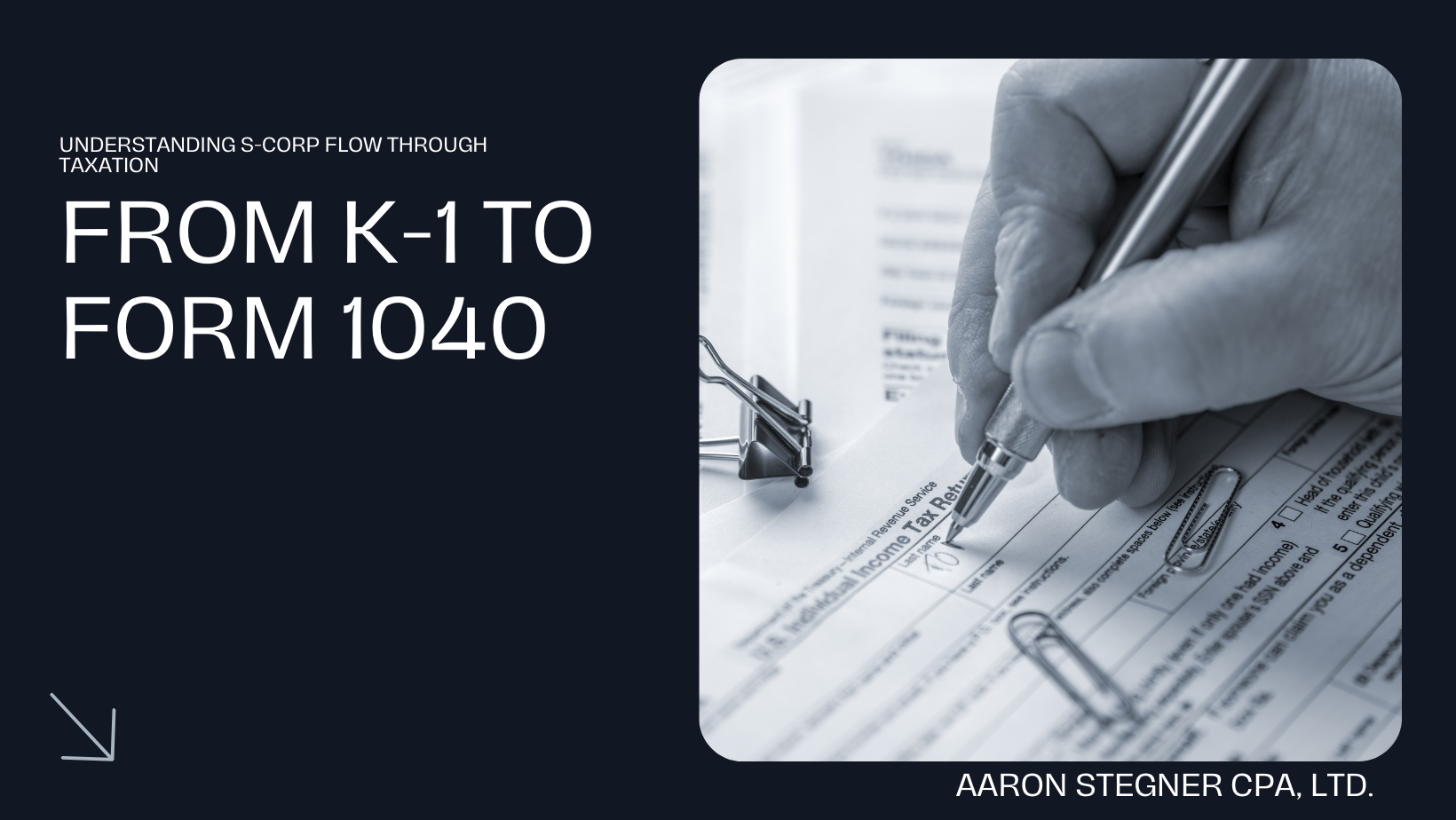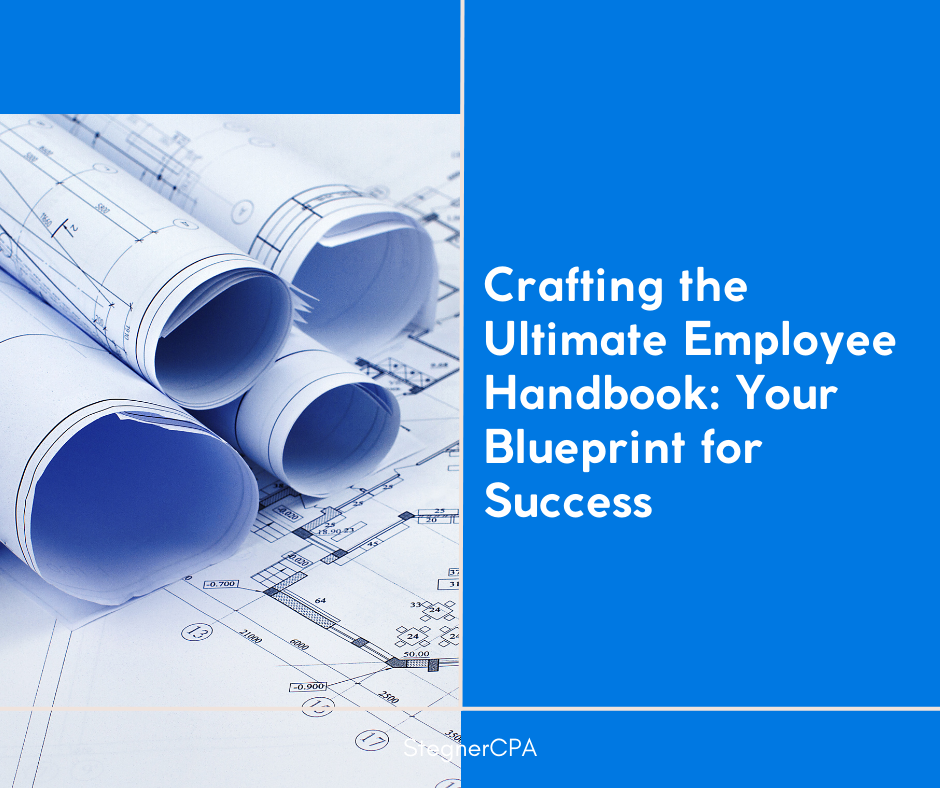

Tax planning is an essential aspect of managing a small business, providing numerous opportunities for business owners to minimize their tax liabilities and maximize savings. By engaging in proactive tax planning, you can ensure compliance with ever-evolving tax laws and regulations while identifying opportunities to reduce your tax burden.
In this article, we will discuss the importance of tax planning for small businesses and offer valuable strategies for optimizing your tax-related decisions to support your business’s financial stability and growth.
Maximizing Deductions for Small Businesses
Tax deductions play a crucial role in diminishing your overall tax burden. As a small business owner, it is essential to be aware of the deductions available to you and understand how to incorporate them into your tax planning effectively. Here are the most common deductions specific to small businesses:
1. Business Expenses
The IRS allows business owners to deduct various ordinary and necessary expenses incurred in running their businesses. Examples of such costs include rent, utilities, office supplies, insurance, and advertising expenses. Ensure proper record-keeping and documentation for all business expenses to claim these deductions.
2. Car and Truck Expenses
If you utilize a vehicle for your business, you can deduct expenses related to its usage. There are two methods to calculate this deduction: the standard mileage rate or actual expenses incurred. Choose the approach that offers the most significant tax savings for your business.
3. Depreciation
Depreciation allows you to spread the cost of an asset, such as machinery or equipment, over its useful life. The IRS provides specific guidelines on calculating depreciation, including various depreciation methods and recovery periods for different types of assets.
4. Home Office Deduction
If you operate your business from home, you may qualify for the home office deduction. This deduction covers a portion of your housing expenses, such as rent, mortgage interest, property taxes, and utilities, based on the percentage of your home used exclusively for business purposes.
5. Employee Benefits and Retirement Plans
Small business owners can often claim deductions for the costs of providing employee benefits, such as health insurance premiums, retirement plan contributions, education assistance programs, and other similar benefits.
Understanding and Utilizing Tax Credits
Tax credits offer valuable dollar-for-dollar reductions in a business’s tax liability. Several tax credits are specifically designed to support small businesses, including:
1. Small Employer Health Insurance Credit
Eligible small employers who provide health insurance coverage for their employees can claim a tax credit, provided certain criteria are met, including having fewer than 25 full-time employees.
2. Work Opportunity Tax Credit
The Work Opportunity Tax Credit (WOTC) incentivizes the hiring of certain targeted individuals, such as veterans or individuals receiving government assistance.
3. Research and Development Credit
Businesses that invest in research and development activities to develop or improve their products or services may qualify for this tax credit.
4. Energy Tax Credits
Businesses that invest in renewable energy production or energy-efficient products and facilities may be eligible for various energy tax credits.
Classifying and Reporting Income and Expenses Accurately
Accurate classification and reporting of income and expenses are essential for optimal tax planning. Keep the following tips in mind to ensure proper tax reporting:
1. Separate Personal and Business Finances
Maintain separate bank accounts and credit cards for business and personal use to avoid co-mingling funds and simplify record-keeping and tax reporting.
2. Implement a Thorough Record-Keeping System
Consistent and organized record-keeping is critical for identifying deductions, credits, and other tax advantages. Maintain regular documentation of all financial transactions, using accounting software or reliable bookkeeping services to avoid errors and omissions.
3. Consult a Tax Professional
Given the complexity of tax regulations and the potential penalties for inaccurate reporting, seeking professional guidance can be advantageous. Tax professionals can provide tailored tax planning and consultation, ensuring you file accurately and maximize your tax savings.
Staying Up-to-date on Changing Tax Regulations
Tax laws and regulations are constantly evolving, and your business’s tax planning strategies should adapt accordingly. Here are some ways to stay informed:
1. Monitor IRS Announcements and Updates
Regularly review the IRS website, including relevant publications, updates, and announcements, to be aware of current tax laws and regulations.
2. Join Industry Associations
Participating in industry-specific associations can provide access to valuable information and resources concerning tax regulations and planning strategies.
3. Partner with a Tax Professional
Engaging a tax professional to manage your tax planning can ensure up-to-date knowledge and compliance with tax regulations and strategies.
Conclusion
Small business tax planning is an indispensable aspect of maintaining a healthy financial standing and ensuring long-term success. By understanding and utilizing tax deductions and credits, accurately classifying and reporting income and expenses, and staying current on tax regulations, business owners can reduce their tax burden and maximize savings. By prioritizing effective tax planning, you support both the growth and sustainability of your business in a competitive economic landscape.
At Aaron Stegner CPA, Ltd., we offer a wide range of business services, such as tax preparation, payroll, bookkeeping, and personal taxation, all designed to cater to our client’s varied requirements. If you are in need of tax planning services, do get in touch with us today.



